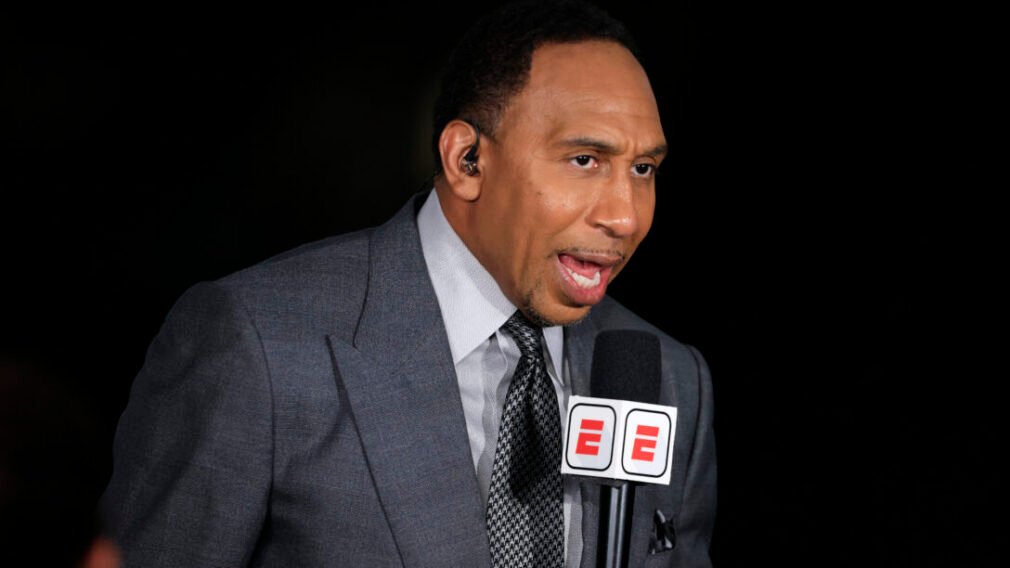ESPN Orders On-Air Staff to Cease Promotion of Papaya Solitaire App
ESPN management has directed its on-air personalities to stop promoting the paid solitaire mobile game by Papaya Gaming. This decision follows public criticism tied to a federal lawsuit against the company. High-profile staff members, including Dan Orlovsky, Kendrick Perkins, Mina Kimes, and Laura Rutledge, were specifically told to end their marketing ties with the app. One source confirmed the network’s immediate action, stating, “They shut it down.”

Federal Lawsuit Triggers Network Ban
The directive came after the widespread promotional campaign drew attention to a federal civil lawsuit filed against Papaya Gaming. That suit alleges the company falsely markets its “solitaire-for-money app,” Solitaire Cash, as a game of skill.
Crucially, the suit claims Papaya uses “customized bots to control tournament results,” challenging the game’s fairness. Papaya Gaming has denied these allegations, stating the company looks forward to “vigorously proving in trial that Skillz’ misleading accusations against the company are false and unjustified.”
The controversy was amplified because several ESPN stars, including the network’s highest-paid talent, became highly visible promoters. The initial spark occurred when Stephen A. Smith was reportedly caught playing the game during the NBA Finals. He quickly turned the incident into a contract, becoming the “global ambassador” for Papaya Gaming.
Talent Compliance and Public Apologies
Upon receiving the network’s order, most personalities immediately complied. Kimes, Orlovsky, and Rutledge removed their promotional social media posts.
Mina Kimes issued a public apology, acknowledging her error. She stated she was “deeply embarrassed” for failing to vet the app before endorsing it. Kimes called her involvement a “colossal fuck-up” and promised to donate any money received from the promotion. She emphasized her failure was due to not spending time looking into the matter.
However, the network faces an immediate issue with its main star. Unlike his colleagues, Stephen A. Smith, the face of the campaign, and Kendrick Perkins did not delete their social media posts promoting the app and the “#BeatStephen Challenge.”
Network Power Dynamics at Play
ESPN sources indicated that network leadership did not have the opportunity to approve the marketing deals before they were implemented. The network’s swift action was a clear attempt to contain the scandal, especially as the sports world was already grappling with betting issues involving MLB and NBA players.
The retention of promotional posts by Smith suggests a disparity in power. Given Smith’s stature and influence at the network, it remains an open question whether ESPN will attempt to force his compliance or if his contract provides more freedom for outside endorsements.
The network’s core instruction to stop the promotion is intended to protect its journalistic integrity and distance the brand from a controversial paid-to-play app facing serious legal claims regarding fairness.
Recommended
